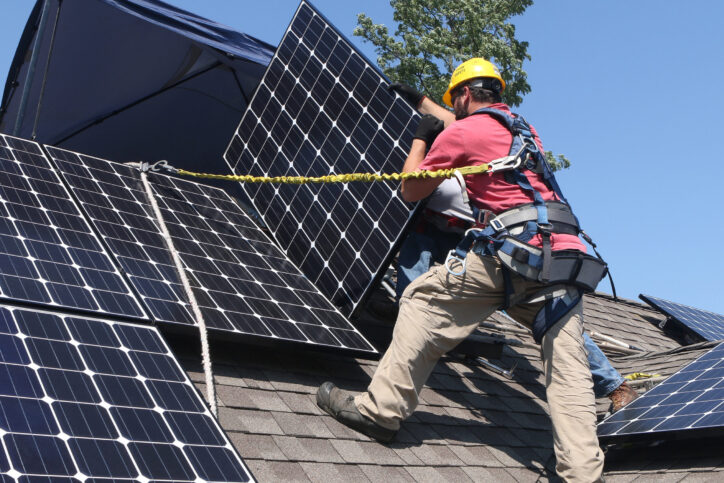
Workers Stephen Janota, left, and Matt Bart, install Solar Service Inc. photovoltaic (PV) solar electric panels on the roof of a home in Park Ridge, Illinois, U.S., on Tuesday, Sept. 10, 2013. Solar panels are the next granite countertops: an amenity for new homes thats becoming a standard option for buyers in U.S. markets. Photographer: Tim Boyle/Bloomberg via Getty Images
Deciding to install a solar panel requires a lot of research. Considering the amount of investment that goes into putting up a solar panel system at your home, it is a wise decision to pre-medicate the necessary steps before you jump into it. The first and foremost step is to understand how solar panels work. But just knowing how solar panels work is not sufficient. To decide upon a solar panel for home, you also need to ask yourself certain important questions. Questions that you might want to ponder upon are what are your energy needs? How many solar panels do you need to install at your home? What is the investment that is required on your part? How much would it cost you to install and run the solar panel plant? Would you need backup? What is the ideal type of solar panel for your roof? All of these questions, among several others, need to be addressed before you install the best solar panels for home.
In this article we discuss in detail everything that you need to keep in mind when you are getting solar panels for your home.
Over the past decade the number of solar energy users has multiplied manifold. There has been a rapid increase in the use of solar panels for homes especially in the USA. All of this has helped reduce environmental degradation as well as reduce the utility bills for homeowners by a mark. Residential solar systems are sky-rocketing with their prices becoming more and more economical and their efficiency increasing. Thus, residential solar panels are one of the best investments that you can make for your home.
What is the cost of solar panels for homes? Are solar panels worth it? / Solar panel installation cost:
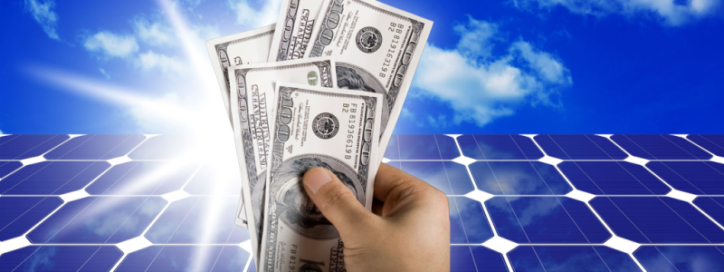
The cost of solar panels in the USA has been seeing a trend of rapid decline over the past one decade. The cost of installation of solar panels at homes in the USA has dropped down by 70 % over the past decade and this trend is most likely to continue to decline. Just in the last year, the cost of residential solar panels has seen a 5 % reduction in cost.
The typical cost of a solar panel depends upon the size of the solar panel system used. Every house requires solar panels depending upon its size. We elaborate on the size of solar panels later in this article.
When we talk about the cost of solar panels for homeowners, the average estimated cost for a 10 kilowatt (kW) solar panel ranges between $17,612 to $ 23,236 (excluding the federal solar tax credit). The per watt cost for solar panels comes down to somewhere between $2.38 to $ 3.14. For a solar panel system of 6 kW, the estimated cost would come down to $ 16,860 excluding the tax credits and rebates. Overall, solar panels cost very economical when we put into perspective the benefits of solar energy
The cost of solar panels also depends upon a number of factors like the size of the solar panels used, the state of the USA you reside in, the manufacturing brand, among others.
How many solar panels do I need for my home?
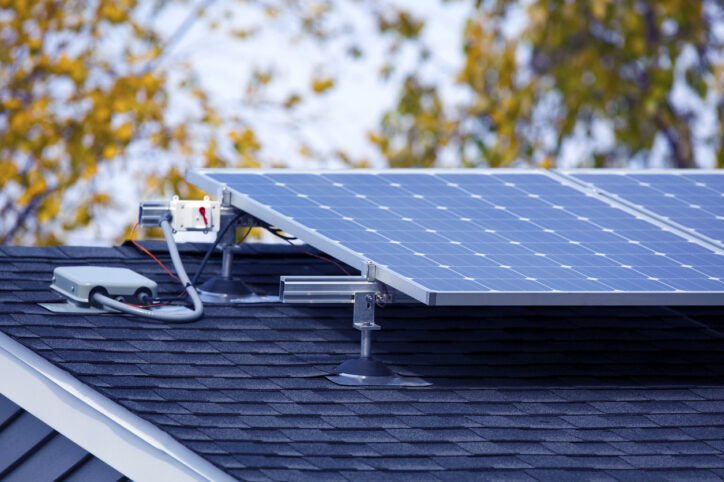
In order to figure out how many solar panels you need for your home, you need to consider a couple of things. The first and foremost thing to consider is the size of your house. Apart from the square footage of the house another thing that is important is the amount of exposure your house gets. For a house that gets plenty of sunlight exposure, you need less number of solar panels as compared to a house that gets less amount of sun exposure. This following tables shows the number of solar panels you would need at your home on the basis of the square footage of the house and the average energy consumption per month:
| Size of the home | Avg. energy consumption per month (in Kwh) | Number of solar panels required |
| 1500 sq. feet | 633 kWh | 14-17 |
| 2000 sq. feet | 967 kWh | 19-25 |
| 2500 sq. feet | 1,023 kWh | 24-30 |
| 3000 sq. feet | 1,185 kWh | 27-38 |
You can use this formula as a solar panel calculator: kWh per Month / (Daily Sunlight Average in Your State x 30) = kW Solar System You Need
What is an on-grid solar system and off-grid solar system?
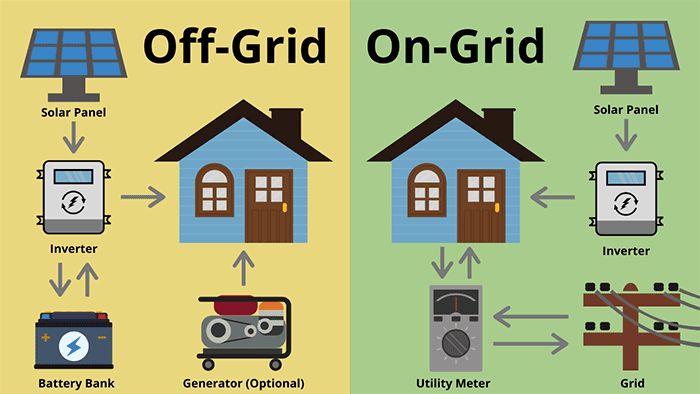
Grid tied solar systems or on-grid solar power systems are the ones where the solar panel of your house gets connected to the local utility grid. In the on grid system, the electricity generated by your solar panel runs through the electric grid of your utility company and then is supplied to your house for day to day use.
In the case of the off-grid solar power system, the solar energy production at your house will not be connected to the utility grid. Instead, you might have additional solar batteries or other solar storage facilities installed in order to utilise the excessive solar energy later on.
On-grid solar systems are more commonly installed in homes in the USA than off-grid solar power systems. This is because the on-grid solar system helps you regulate your energy usage. Not all the electricity produced by the solar panel is used then and there, some of it is excessive and would go to waste until it is either stored for later use, or run through the grid. Unless you want to spend an additional sum of money on a storage facility for your solar panel, the best option for you is Grid tied or on-grid solar system.
When you go for a grid-tied or on-grid solar system, you need to be aware of net metering.
What is net metering? How does net metering benefit me?
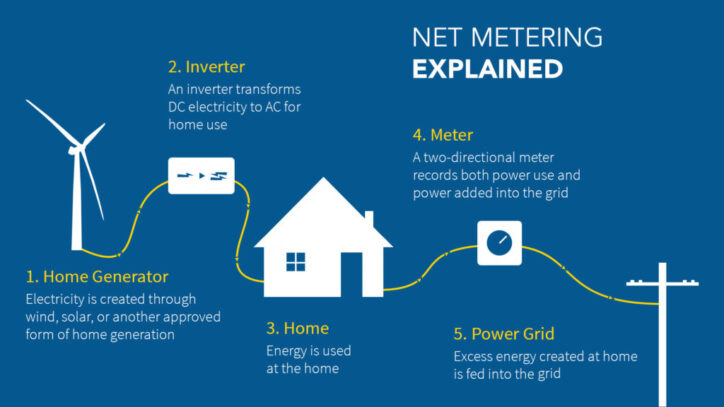
Your solar panel will obviously not produce the same amount of electricity throughout the year. On sunny days the solar panel might produce more electricity than you require and on some cloudy days it might produce less than your requirement. This imbalance of energy production and energy consumption can be balanced out using an on-grid solar system or through the use of a storage battery.
In case of an on-grid solar system, excessive solar energy produced by your panel is sent back to the grid, this makes your electricity meter move back. This means your electricity bills go negative, essentially earning you money for the amount of electricity that you send back into the grid. Consequently, on days when your consumption is more but the amount of electricity produced by the solar panel is less, you would have to pull electricity from the grid. This results in adding meter units, and your meter moves forward. At the end of the billing cycle, your electricity bill is calculated on the basis of the amount of electricity you sent back to the grid and the amount that you utilized from it. This also means that if you produce as much electricity as you use, your bills will be zero.
Thus, net metering helps you in two ways, it helps you balance out your electricity production with consumption, giving you a reliable source of electricity, and it also helps you earn money from the excessive electricity that your solar panel produced that would have otherwise gone to waste, not to mention the amount of money it saves you, because you no longer need a storage system.
What is a hybrid solar system?
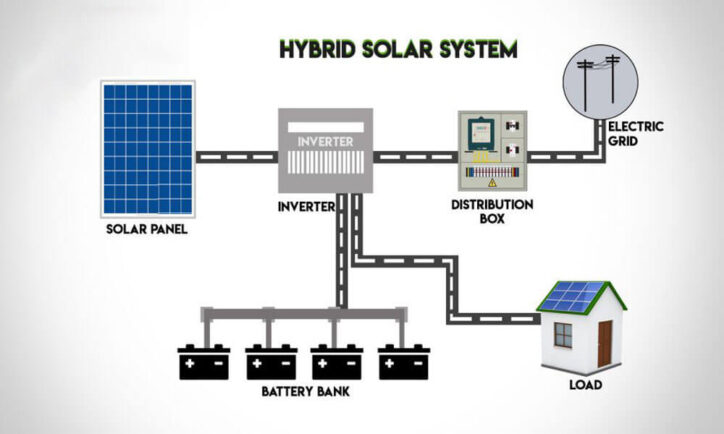
Another option for you is a hybrid solar system, which is a combination of both the grid-tied and off-grid solar systems. These solar systems have the best of both worlds, they are connected to the power grid and at the same time they also have an inbuilt solar energy storage mechanism. This helps you in places where the municipality does not have a net metering. A hybrid solar system allows you to draw electricity from the grid but also not be totally dependent on it. You can store the excessive electricity in the solar storage batteries but it is always good to have a backup just in case the battery runs dry on a rainy day.
How long does it take to install solar panels?
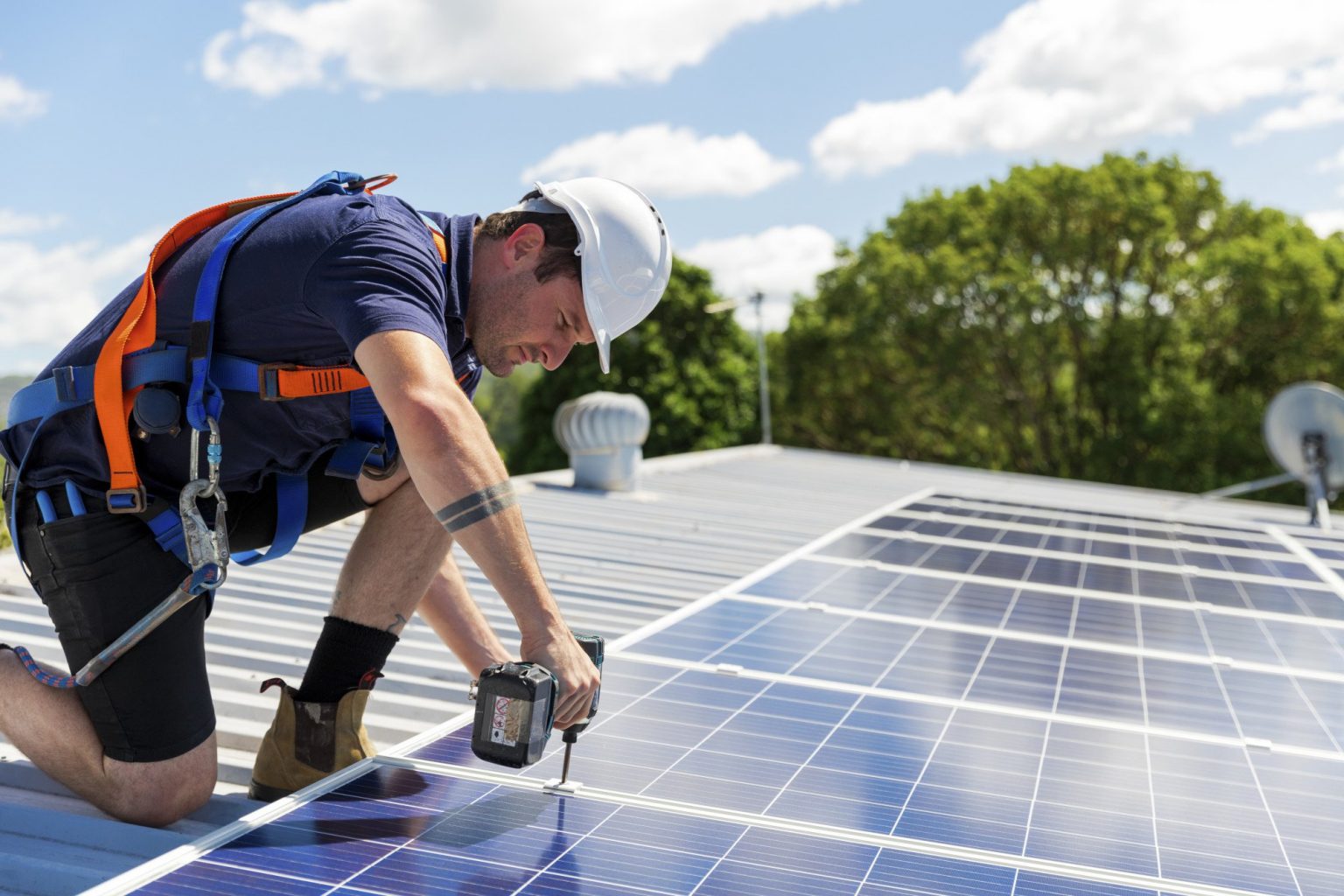
While the process of installing solar panels on the roof takes about three days, the entire process of deciding which panels to install, which contractor to hire and the approval can take a few months. To understand how long it takes to install a solar panel, you need to go through the steps involved in installing the solar panels. Once you select the solar company that you want to go with, you need to start with the first visit of the engineer to see if your roof is suitable for solar power. This can take anywhere from about 2 weeks. Once the engineer approves of the location, you need to get the approvals for starting the solar panel installation. Since the installation of solar panels affects the locality and the city you live in, the homeowner’s association insists on getting a permit if you want to get solar panels installed at home. The good thing is that you don’t need to engage in the paperwork yourself, the installer is supposed to take care of the paperwork for you. The time taken for this process might take several months sometimes, and may even be done within a week. It depends upon how efficient your local municipal offices are. Once the permissions are approved, the only thing left for you to do is ordering your equipment and scheduling the installation. After the installation the needs to be approved one final time after finishing. The total time it takes to install the solar panels is 5-6 months on an average.
What to do if your roof does not qualify for solar panels installation?
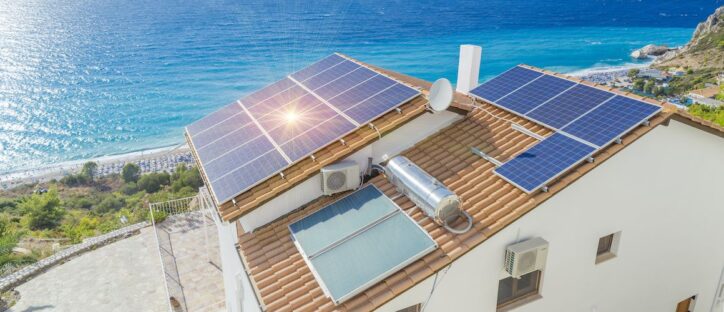
Not all roofs are apt for the installation of solar panels. When that happens you can go for ground mount solar installation and community and community solar grounds can help you out of the tiff. A community solar plant is a large, central power plant. The electricity produced is the shared property of the people who either buy the shares or lease it. Community solar panel is measured in megawatts. Community solar panels help you to get the benefit of solar energy even if you do not have a roof that can support a solar panel on the roof. Another benefit of community solar panels that it affords you is that if you decide to move it is easier. In case you have a solar panel on your roof, moving can be a tough decision to make, but community solar panels allow you the freedom to move freely.
What are the solar tax tax benefits? Do I qualify for solar tax benefits?
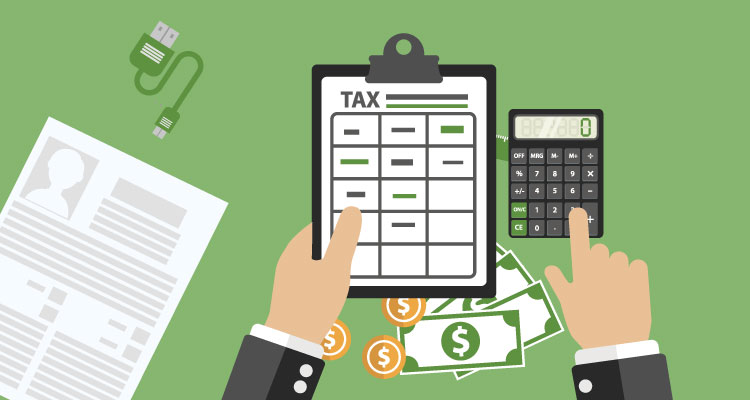
Solar panel installation not only saves you a tonne of money, it also allows you to have handsome tax benefits. The federal investment tax credit (ITC), better known as the solar tax credit, is one of the most lucrative tax benefits that solar energy gives you.
According to the solar tax credit, you can deduct 26% of the amount you spent on the solar energy system installation from your federal taxes. The federal investment tax credit is applicable to both residential solar energy systems and commercial solar energy systems.
Several states like New York also give you the option of an additional 25 % off on the price of the solar energy systems for residential use.
The criteria for eligibility for the tax credits are as follows:
- Your solar panel system should have been installed between January 1, 2006 to December 31. 2023.
- In order to be eligible for the solar tax benefits the solar panel system needs to be at your primary or secondary residential location in the USA. If your solar panels are located in the community solar panel systems, you will be eligible for solar tax credit if the electricity generated is credited against and the energy consumption of your house does not exceed the electricity generated. A taxpayer can claim section 25 d tax credit for purchase of a portion of a community solar panel
- The solar panel system is owned by you, either bought with cash or through financing, in case you are leasing the PV system or use the electricity generated by a PV system owned by someone else, you will not be eligible for the solar tax credit.
- The solar tax credit is only to be claimed on the original installation of the solar energy system.
Solar panels are a great way to save money and to conserve resources. It is a slow process that requires a lot of patience but reaps high benefits. As long as you work with a trustworthy solar company you are good to go. It is equally important to ensure that the solar panels are installed properly. If the panels are not properly installed it can lead to ineffective panels, failure or even fire hazards. To avoid this scenario, you need to make sure that a professional solar company installs the solar panels.
